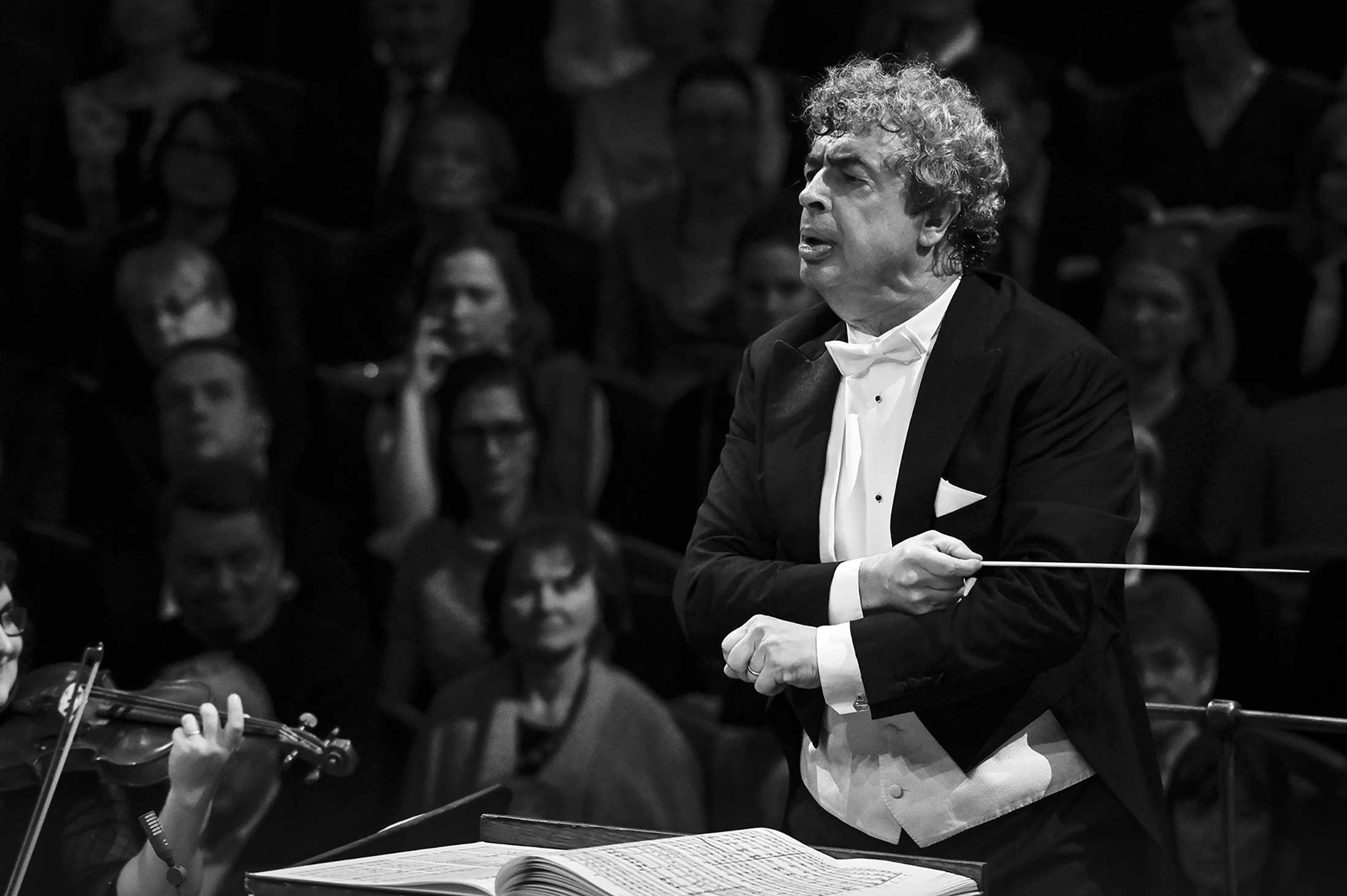Prague, Czechia - Czech Philharmonic; Christian Immler, bass-baritone - Brahms
03oct7:30 pmPrague, Czechia - Czech Philharmonic; Christian Immler, bass-baritone - Brahms

Event Details
Programme Johannes Brahms (arr. Detlev Glanert): Four Serious Songs, Op. 121, arranged for baritone and orchestra (2004) Johannes Brahms: Symphony No. 2 in D major, Op. 73 Performing with Christian Immler,
Event Details
Programme
Johannes Brahms (arr. Detlev Glanert): Four Serious Songs, Op. 121, arranged for baritone and orchestra (2004)
Johannes Brahms: Symphony No. 2 in D major, Op. 73
Performing with
Christian Immler, bass-baritone
Czech Philharmonic
Johannes Brahms’s Symphony No. 2 which premiered in 1877, dates from the period when the composer was firmly establishing himself as a prominent figure of Viennese musical life. Brahms described the work as “pastoral”, certainly not without reference to the Sixth Symphony of his role model: Ludwig van Beethoven, who was not only a great source of inspiration for Brahms but also a figure whose legacy long challenged his confidence in his own compositions. The work’s mood comes across as cheerful, and even the sadder moments feel comforting. Nonetheless, Brahms wrote to his publisher that his symphony “is so melancholy that you will not be able to bear it. I have never written anything so sad, and the score must come out in mourning.” This of course might have been meant ironically.
The first movement’s broadly arched main theme is one of Brahms’s most appealing melodies. The second movement continues in a similar vein while turning inwards even further. The scherzo, in the character of a classical minuet, is an inventive and artisanal evocation of serenade-like lightness. The final movement departs from the overall mood of calm, but even here one finds moments of repose. This formally balanced symphony is captivating with its succinct rhythms and orchestration in which Brahms makes use of his favourite colours in the French horns, luminous strings, and woodwinds.
Brahms’s Four Serious Songs were written near the end of his life when he was grieving the death of his friend Clara Schumann. He had also begun to feel the effects of an illness that would soon prove to be fatal. At this difficult time, he turned to Luther’s German translation of the Bible, and as he had already done in his German Requiem, focused more on passages that are existential rather than explicitly religious. The first three songs explore the finite and transient nature of human life, and the last offers listeners a fuller view of humankind’s fate.
In these performances, the songs will be heard in an orchestral arrangement by Detlev Glanert who has framed them with four preludes and postludes, creating a continuous musical flow to enhance the original work. The soloist is Christian Immler who returns to Prague following the world premiere of Glanert’s Prague Symphony with the Czech Philharmonic and Semyon Bychkov in 2022.
more
Time
(Thursday) 7:30 pm
Location
Rudolfinum
Alšovo nábř. 12, 110 00 Josefov, Czechia